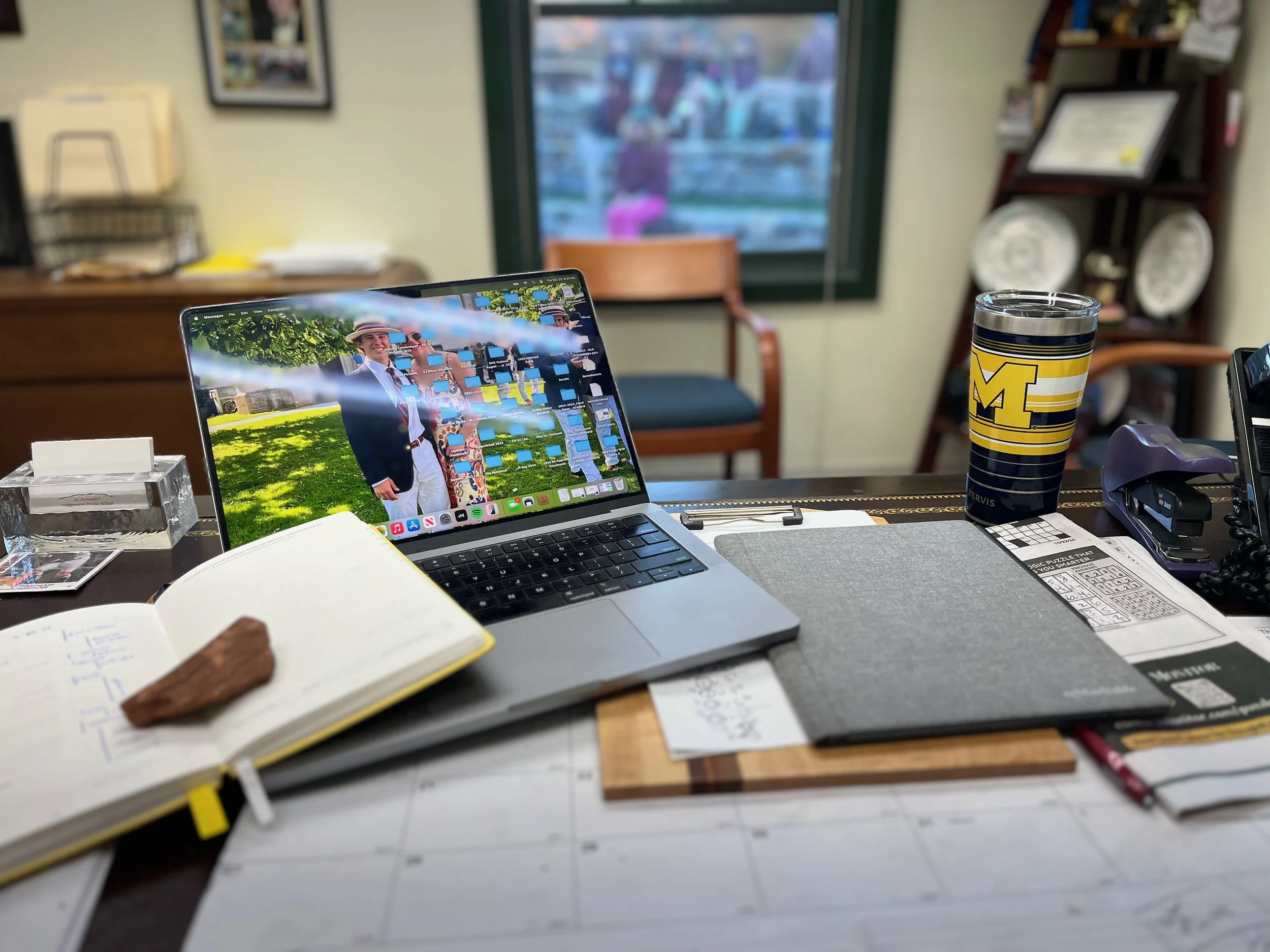The saying goes – if you love what you do, then you will never work a day in your life. Well, I know that the faculty at BHS certainly love what they do, but I believe that they are working quite hard at it. In fact, I was struck by the significant amount of time that our teachers so freely give. They go well beyond the expectation, and in turn the students get an experience that goes well beyond expectations.
Just a few days back, Mr. Holt and Ms. Marklin took the 5th and 6th Grade students for a three-day, two-night trip. Were we a boarding school, this would all be part of the job. We are not, however, and both Mr. Holt and Ms. Marklin spent all that time making sure that our students were safe, engaged, and happy. At the same time, Mr. Arruda was holding extra rehearsals after school and on weekends. Hopefully, you were all able to see the fruits of the cast’s labors; as the students put on a tremendous show. At the same time, Ms. Fries was also holding extra practices for the school’s First LEGO League Robotics teams. As I write this, the two teams are spending their Saturday competing in Wolfeboro at a Regional Qualifier Competition, which typically starts at 7:30AM and extends well into the afternoon.
During this season of Thanksgiving, I wanted to use this opportunity to thank our faculty for always going the extra-mile. Their dedication to the students’ well-being and their desire to create and cultivate meaningful co-curricular activities is truly extraordinary and I am so grateful for the selfless way our faculty provide opportunities for our students.

